Mental Health Hotline Articles
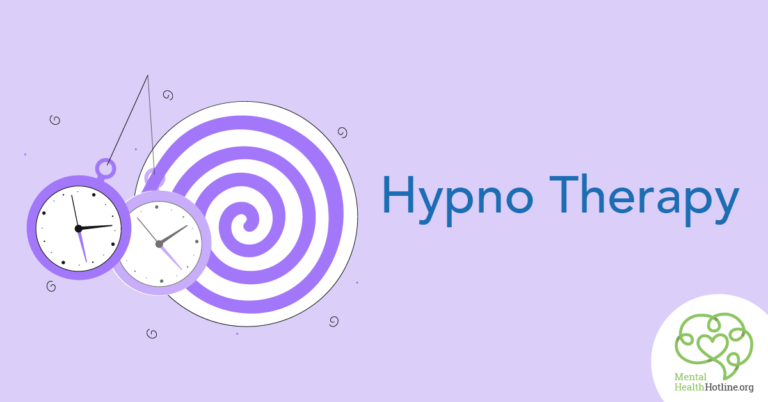
Hypno Therapy
Hypnotherapy, also known as hypnosis therapy or clinical hypnosis, is a therapeutic approach that uses guided relaxation, focused attention and
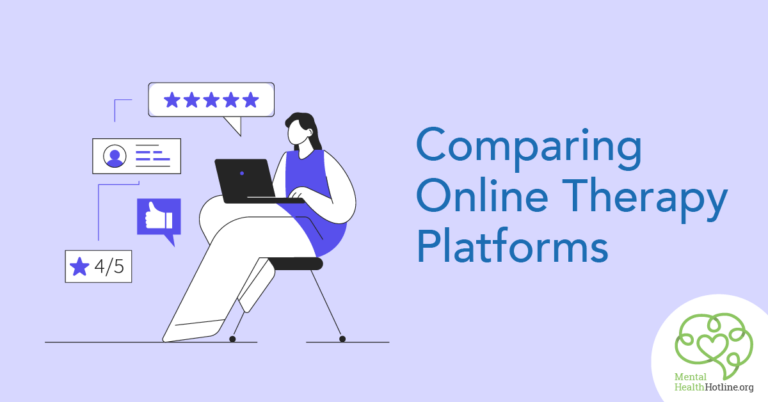
Comparing Online Therapy Platforms
Online therapy has become a lifeline for millions of people seeking mental health support from the comfort of their own

Ecotherapy
Ecotherapy, also known as nature therapy or green therapy, is a growing approach to mental health treatment that centers around
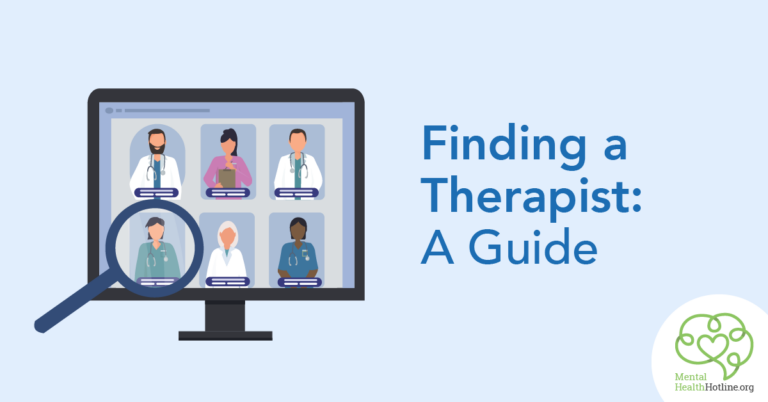
Finding a Therapist: A Guide
Looking for a therapist can be overwhelming, especially when you’re already dealing with stress, anxiety or other mental health concerns.

Biofeedback Therapy
Biofeedback therapy is a noninvasive treatment that helps people gain control over involuntary bodily functions — like heart rate, muscle
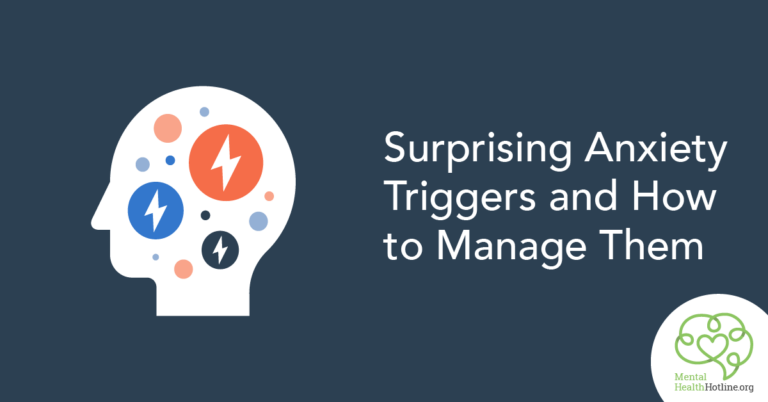
Surprising Anxiety Triggers and How to Manage Them
Most people are familiar with the major causes of anxiety: work stress, relationship problems, trauma and health scares. But what
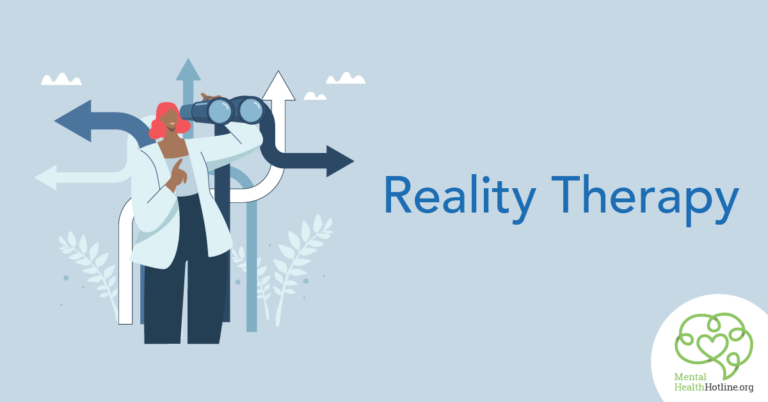
Reality Therapy
Reality therapy is a form of counseling that helps people take control of their lives by focusing on present behavior,
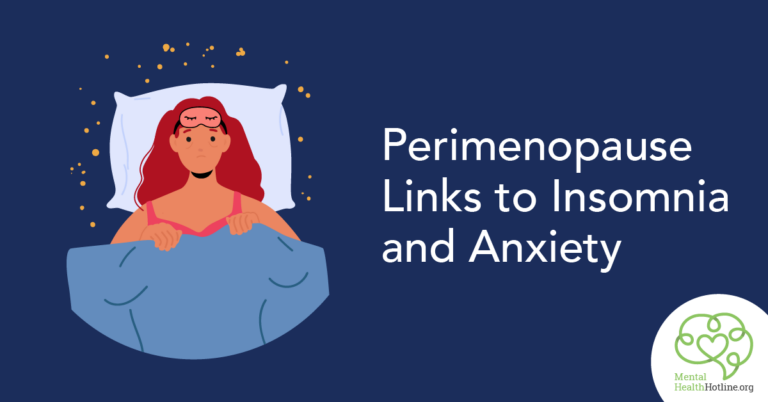
Perimenopause Links to Insomnia and Anxiety
Perimenopause can feel like an unpredictable chapter of life. Your body shifts, your sleep disappears and your emotions may swing
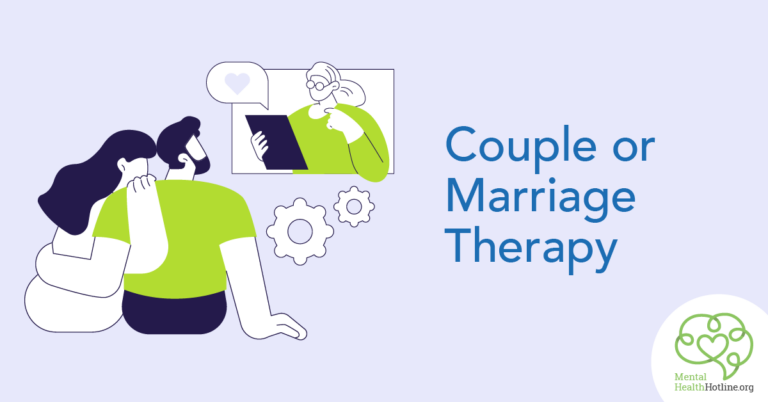
What is Couples or Marriage Therapy?
Couples therapy, also known as marriage counseling, offers a structured way for partners to address conflict, strengthen their bond and